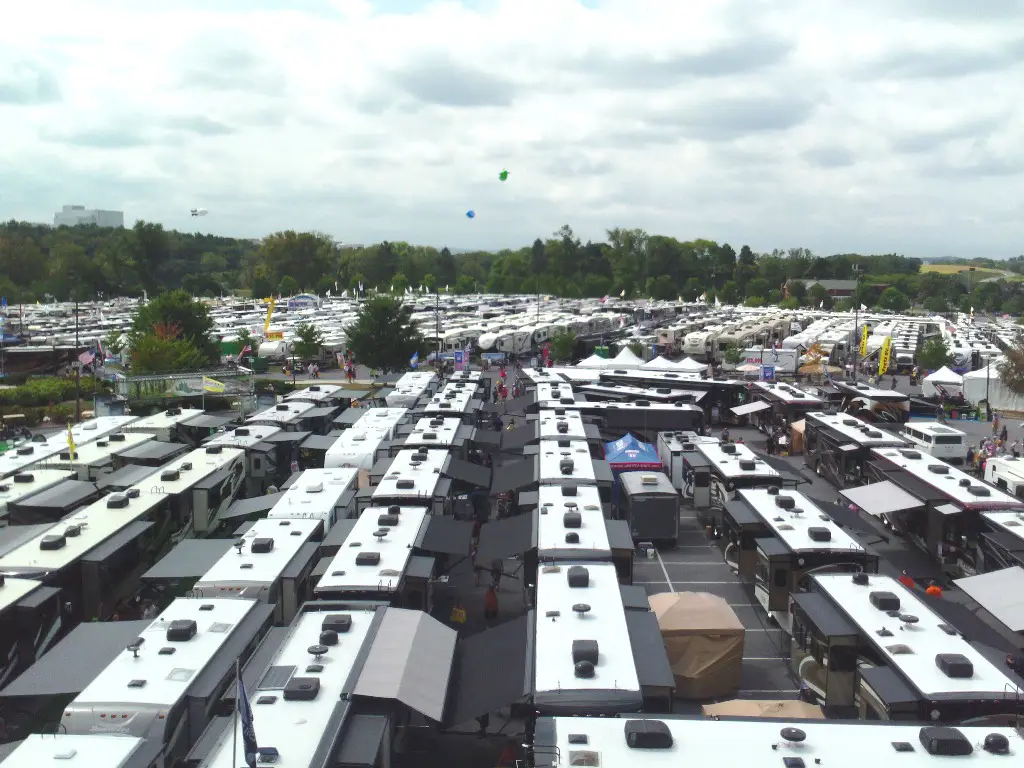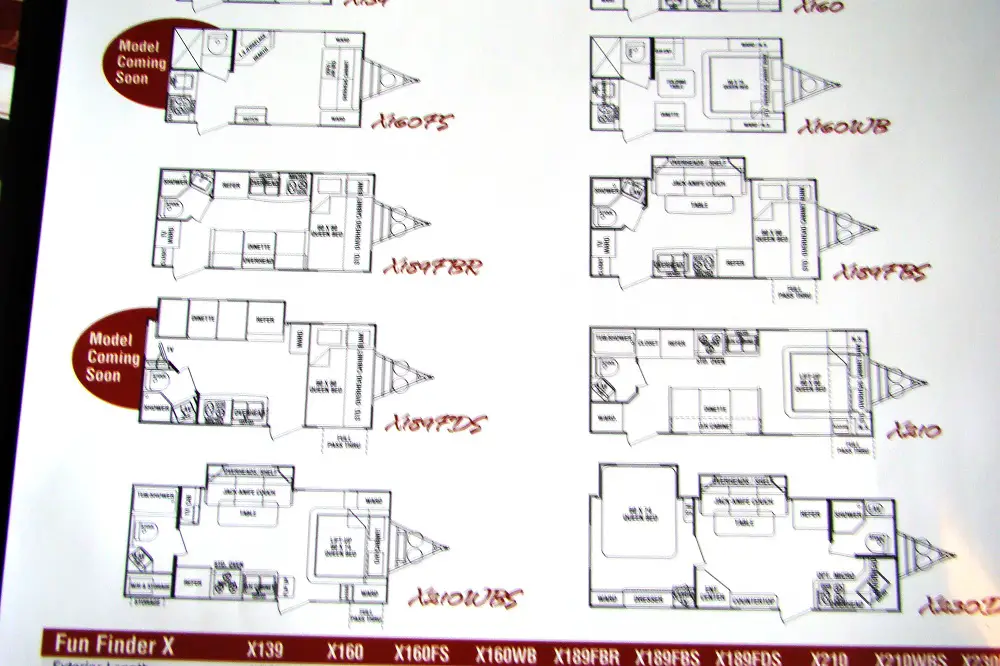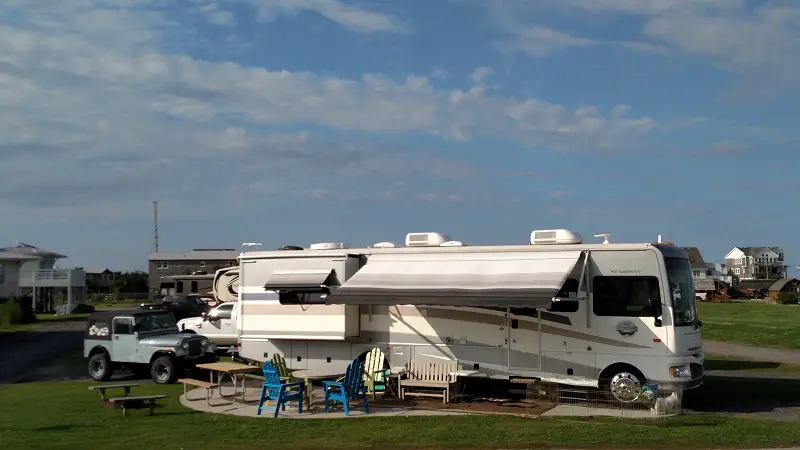
Buying an RV is a major investment, like your home or automobile. It is extremely important that you make educated, well informed buying decisions. When you purchase an RV it’s easy to overlook something, forget to check something, or most importantly not be properly informed about something. Whatever the case may be, you don’t realize it until after you buy it, and then it’s too late. For those of you in the market for an RV I want to offer my top 7 tips to assist you in buying your RV.
- If you’re not absolutely sure an RV is right for you and your family, try renting one before you buy.
Rule number one for owning an RV is you have to use it. It can be difficult to determine if an RV is right for you if you have never used one. Plan a weekend or week-long trip and rent an RV to try it out. Renting an RV can be a good indicator to gauge if an RV is in your future. But I caution you, once you get the RV bug it’s hard to get rid of.
2. The first step is to look over your monthly budget and determine how much you can afford to pay each month for an RV, without getting in a bind.
The term of the loan is one factor that determines your monthly payment. The longer the term of the loan is the lower the payment is, but you need to be comfortable with making this payment over the entire life of the RV loan. How much are you comfortable putting down on the RV? Of course, the more you pay in the form of a down payment the lower your monthly payment will be. Most lenders require a 10 to 20% down payment in either cash or trade-in.

3. Know which type of RV is right for you and your family before you buy.
RV’s come in numerous types, sizes, and price ranges. Take the time to research your specific needs and determine if a towable RV, or motorized RV is better for you. Go online and research types of RVs, sizes, floor-plans, and price ranges. Go slow, take the time required to do your research prior to moving forward.

4. How do you plan to use the RV?
If you really like to get away from it all and go camping in the backwoods, you may be limited to what size RV will work for you. In this situation, a small, lightweight travel trailer might be the best choice. If you have a favorite destination that you visit all the time, a travel trailer or park model trailer would be a good choice. On the other hand, if you are planning to travel cross-country and not spend much time in any one destination, a fifth wheel trailer or motorhome will make more sense.
5. New or used RV?
Some of the obvious pros for purchasing a new RV include:
- It has never been used by anyone.
- You have a full manufacturer’s warranty.
- You don’t have concerns about used or worn-out components on the RV.
Some cons to purchasing a new RV are:
- The cost.
- Insurance premiums are higher.
Some pros for buying a used RV include:
- A used RV already suffered the brunt of depreciation, so it is less expensive.
- If you only plan to take a few short RV trips every year a used RV is more practical than a new RV, and insurance is less expensive.
Some cons for buying a used RV include:
- Not knowing the history or maintenance and upkeep of the previous owner.
- It’s quite possible there will be added expenses for things like replacing the tires and brakes.
- If you want a service contract on the used RV, the cost will be incremental to the RV purchase.

5. Make sure the RV has the right floor-plan and options to meet the needs of you and your family.
Do you need one bedroom or two, and is the bed big enough? Would a split bathroom work better than a walk-through bathroom? Is there enough counter space? Is there enough storage space? Do you want the kitchen in the middle, front or rear of the RV? Is the shower big enough? Are the holding tanks large enough for the type of camping you plan to do? Do you need a generator for the type of camping you plan to do? Take your time and select the best floor-plan based on your needs.
6. RV financing Tips
Save about 10-20% for a down payment, as most lenders require that much.
- The more you put down, the lower your payment and the better your interest rate.
Get the best interest rate possible.
- If you have good credit, you deserve a good interest rate. A lower interest rate equals a lower payment.
- Find out what the current rates are, and make sure you get the best rate possible.
Consider additional expenses like RV insurance and maintenance.
- Factor these costs into your monthly payment.
- Consider how much is left in your budget every month to use and enjoy the RV.
Following these quick and easy finance tips will make owning your new RV a more enjoyable experience

7. Back to rule number 1
I mentioned earlier if you own an RV you need to use it, otherwise it’s just a large lawn ornament. So, pack up the RV, the kids and the pets and head out to explore this wonderful country we live in and build some lasting memories with family and friends.
Mark Polk